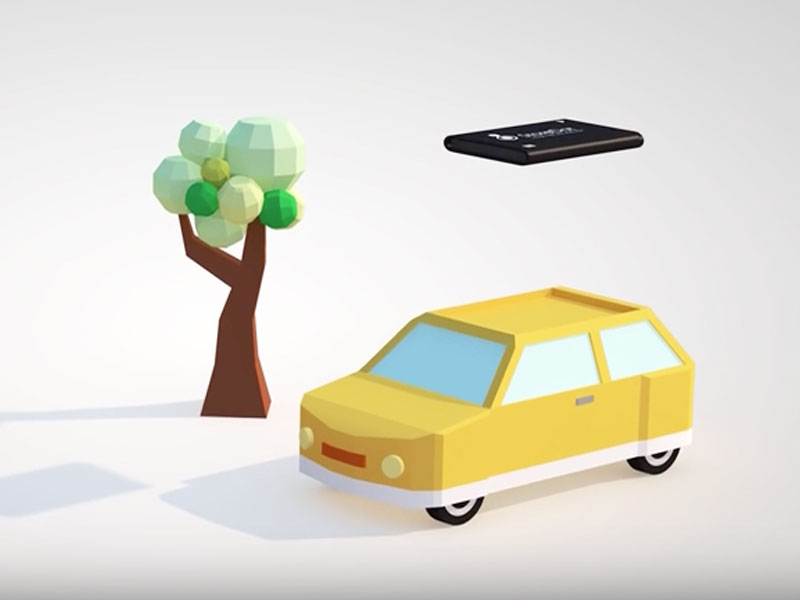

One of the biggest arguments against electric vehicles is that they take too long to recharge, but in just a few years that complaint might be erased. A start-up in Israel is developing a battery for electric vehicles that can be recharged in as little as 5 minutes—and it’ll be here sooner than you think.
StoreDot CEO Doron Myersdorf says the company will demonstrate its hyper-charging FlashBattery in 2017. The company has already demonstrated mobile phone batteries that can be recharged in 5 minutes, and it’s hoping this next-generation battery will speed consumer adoption of electric vehicles.
“The reason that adoption is slow because charging is slow. People don’t want to charge overnight. But fast-charging networks are the solution for the mass adoption for electric vehicles,” says Myersdorf.
At present, most electric vehicles take 30 minutes to refill batteries 80% using 50kW DC fast-charging stations. Teslas can recharge a bit faster, using its proprietary network of 120kW Superchargers. But no cars on the market this year or next can take advantage of hyper-charging using the 350kW charging stations auto manufacturers will begin installing in Europe next year.
And until fast-charging is the norm rather than the exception, consumers are hesitant to take the plunge and convert from gasoline-powered to electric vehicles.
“It takes about three years until you can see it on the road in a car, so we are looking at 2020 when consumers will be able to charge in 5 minutes. But even a year before you may be able to take advantage of this infrastructure,” said Myersdorf in an interview.
To optimize batteries for hyper-charging, StoreDot is tackling a complete overhaul of battery components: anodes, cathodes, electrolytes and separator. In the company’s labs in Israel, four teams of scientists are redesigning each component to use new materials that are more safe and less flammable with higher temperatures of combustion.
The best part of the redesign is that it won’t come with a higher price tag. Battery costs will remain the same as they are today because the new materials have similar cost structure to the ones being replaced.
“There are some additional cost for resistance with cable and connectors, but in terms of the battery itself, we are on same curve as lithium ion that will go down with volume,” Myersdorf explains.
StoreDot isn’t alone in the race to improve battery technology. LG, Porsche, and Samsung and several others are pursuing the same goal and attempting to corner the growing EV market. The U.S. Government is also paving the way for hyper-fast charging to facilitate electric vehicle adoption. Earlier this year, President Obama earmarked $4.5 billion in Department of Energy loan guarantees to encourage the development and commercial-scale deployment of innovative electric vehicle charging infrastructure. It also implemented the Battery500 research consortium that aims to triple charging rates to 500WH/kg while lowering costs to below $100 per kWh.
With next-generation battery technology on the horizon, the real barrier to hyper-charging vehicle batteries is the grid. Tesla Supercharger locations can have 10 or 20 stations, but if they were upgraded to 350kW power and used concurrently, they would use as much power as an entire neighborhood. Optimizing station locations to support this kind of intense energy demand is key to avoiding widespread blackouts, and utility companies need to implement smartgrids that can manage surges. That said, shorter charging times could eliminate the need for so many stations in one location.
What all this means for the consumer is that—when these batteries come to market—recharging electric vehicles will be as easy and fast as using a gas pump. To ensure the company can get there, StoreDot has started its Series C round of Fundraising, in which Samsung Ventures has taken the lead with $18 million.
